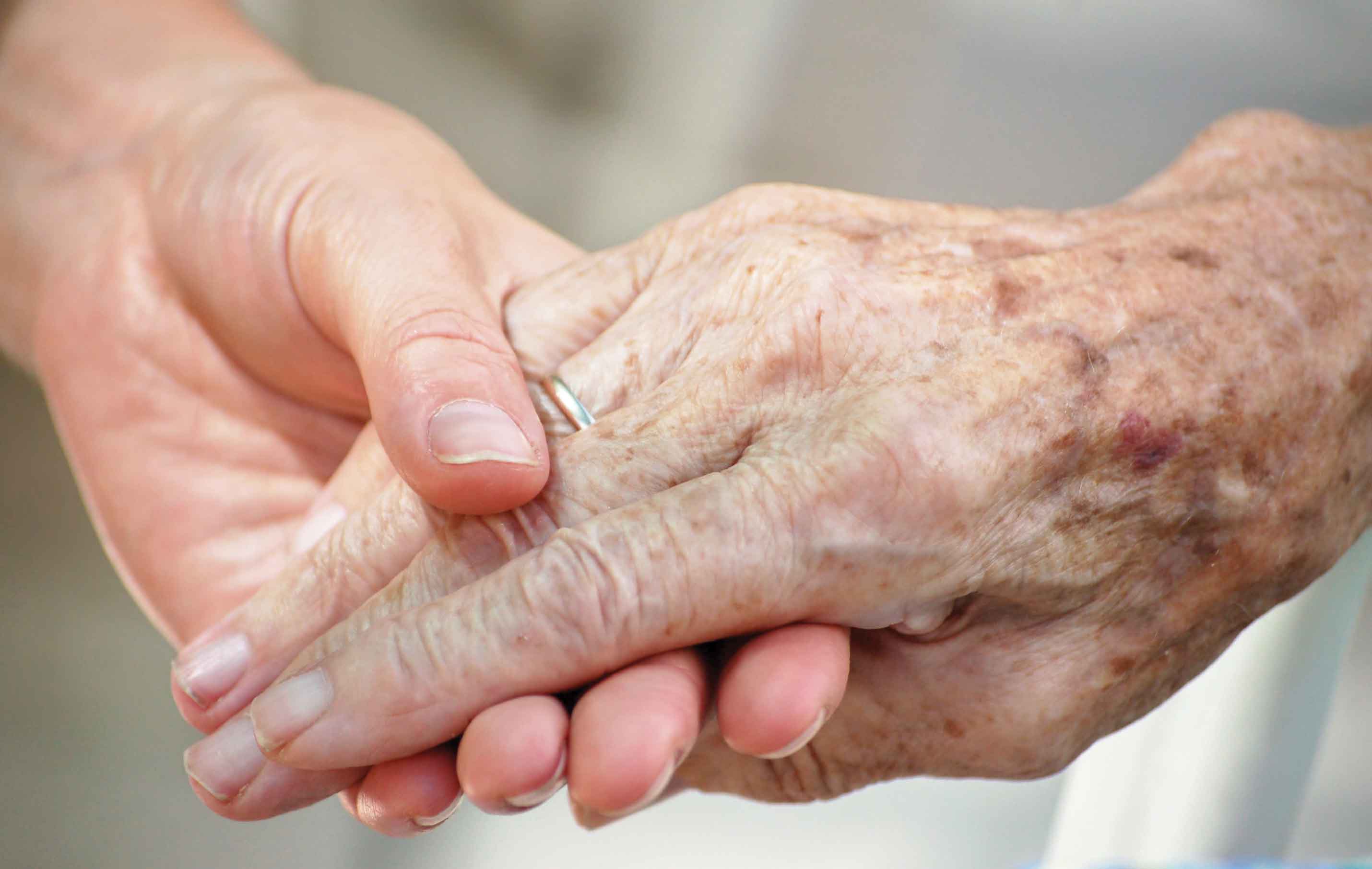
LGBT research
March 11th, 2013
Researchers are asking LGBT people 60 and over about their experiences and concerns surrounding end of life care. The group are the most likely to face discrimination during end of life care, a Department of Health consultation discovered.
Experiences shared with the University’s The Last Outing project will be used to inform and improve end of life policy for these groups.
The project, the first of its kind in the UK, is funded by the Marie Curie Cancer Care Research Programme and is based at the University’s Sue Ryder Care Centre.
Dr Kathryn Almack, who is leading the project, said: “This is a chance for people who have felt invisible a lot of the time to have their voice heard. The Sue Ryder Care Centre is very committed to ensuring that our research improves service delivery and goes out to policy makers and practitioners.”
Little research has been done in this area and there is a lack of awareness that end of life care for LGBT people is even an issue. Dr Almack said: “Very often we’ve found, talking to care providers, they would say ‘oh we don’t have any LGBT clients’. But statistics say five to seven per cent per cent of the population is LGBT. They must be using care services — that suggests to us they’re not disclosing sexual orientation or their needs are not being met.”
The two-year project is running until August 2014. Participants are asked to fill out a survey. The researchers are looking for lesbian, gay, bisexual or trans people aged 60 or over and people under 60 who have LGBT partners aged 60 or over. Participants must live in the UK.
Dr Almack said: “The message we got from earlier discussion groups was that organisations need to put a lot more work in so that LGBT people can know that there are services they can approach confidently and know that they’ll be treated with dignity and respect and their gender identity and sexual orientation will be understood.
“One woman told us she tended to put photographs of her and her same sex partner away when new carers came in because she wasn’t sure how they were going to respond. She didn’t feel safe initially and I think that’s a key thing that comes through: people not feeling safe about their needs as an LGBT person being understood.”
Following the survey, 60 of the respondents will be interviewed. A public engagement workshop will feed back findings and develop recommendations.
The survey is at: www.surveymonkey.com/s/thelastouting. Alternatively, email: thelastouting@nottingham.ac.uk for a hard copy.
Tags: Dr Kathryn Almack, LGBT, Marie Curie Cancer Care Research Programme, Sue Ryder Care Centre, The Last Outing
Leave a Reply
Other Research

Manuscripts and Special Collections awarded £1.1m grant
The funding has been awarded by the Research England Museums, Galleries and Collections Fund The £1.1m […]

Artificial intelligence – an update on the university’s approach
Since our last update on the university’s response to the rapidly evolving emergence of artificial intelligence […]

